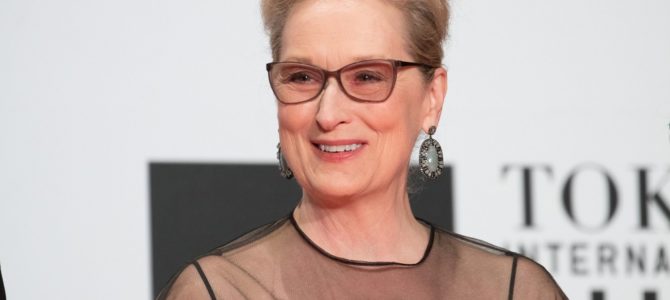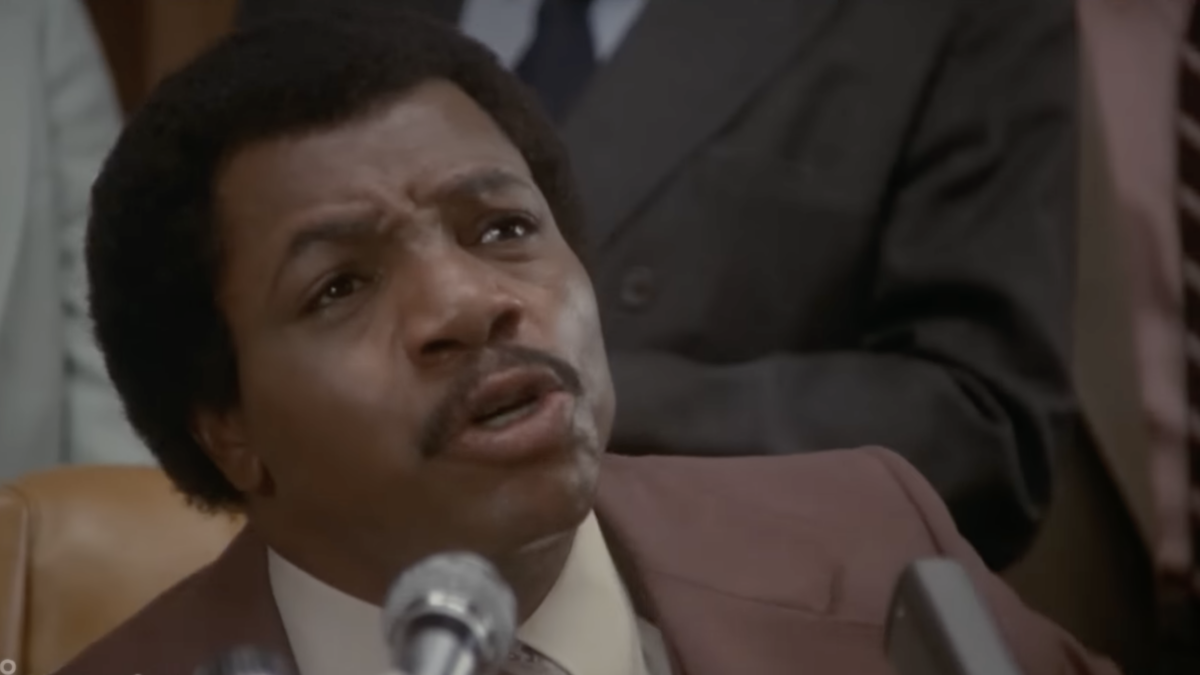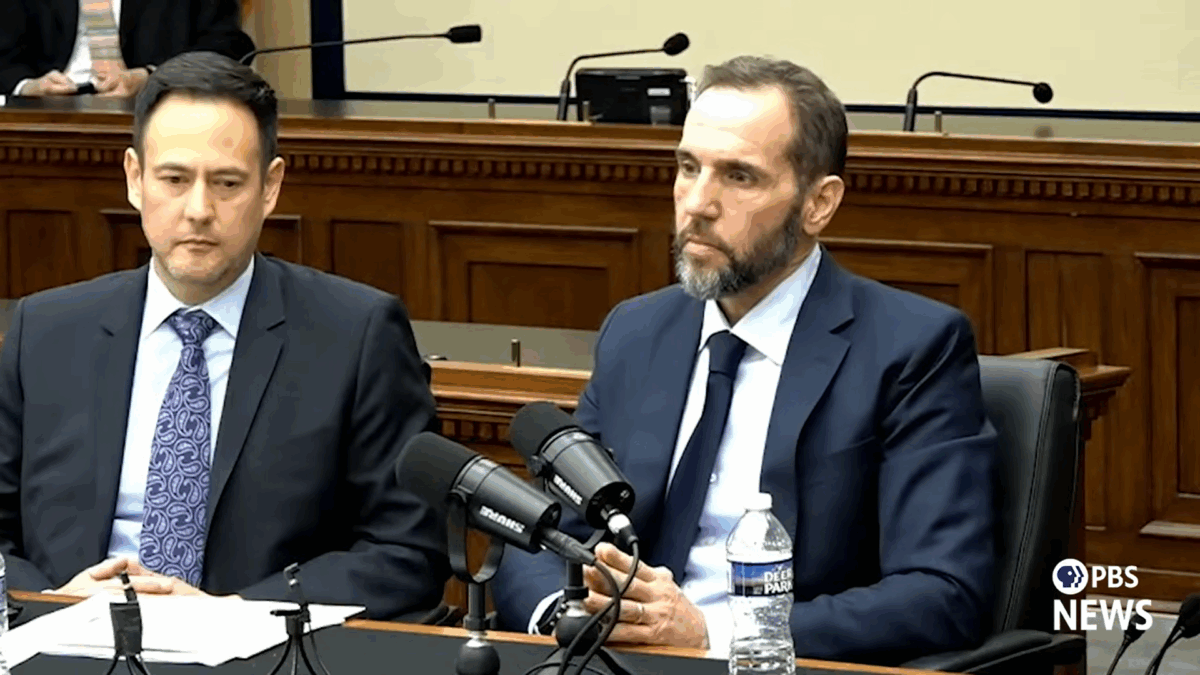
Meryl Streep isn’t a bad actress. She’s just not a great actress. She’s managed to do the seemingly impossible and work consistently for five decades without really being a Hollywood box office draw. Her films have tended towards message and “prestige” cinema.
This is really the only thing that explains her ridiculous success at award ceremonies. She’s been primarily in Oscar-bait films, which lately means films that win an award then are remembered for having won an award. That is exactly how Streep will be remembered: as someone who won awards.
Her performances won’t be watched and enjoyed by generations of cinephiles because of their merit. Hepburn (both of them), Lauren Bacall, Grace Kelly, even Gloria Grahame will be marveled at for as long as people watch film. But Streep shouldn’t even be appreciated now, let alone in the future.
“Kramer vs. Kramer” is an excellent example of the kind of film she gets attached to. No one would remember that film if it wasn’t a best-picture winner. It usually gets brought up as one of the worst best pictures ever, because it beat out “Apocalypse Now.” If any film has ever been arthouse or carried a message, then it’s Francis Ford Coppola’s pretentious fever dream. But “Apocalypse Now” also happens to be an amazing film deserving of continual recognition. “Kramer vs. Kramer”? Not so much.
Now, maybe Streep still deserved to win best supporting actress that year. After all, she was up against Candice Bergen, who doesn’t deserve recognition of any kind (unless mimicking a witchy robot counts as acting). I guess that’s what the Emmys look for since she’s won nine. But the point is that Streep is recognized not for her actual ability but because she’s in the kinds of projects that are recognized.
There are scores of actresses, some contemporaries of Streep’s, who regularly put out better work than she does. Some have received recognition and some have not. This list honors five actresses that are significantly better than Streep. I’ve stayed with actresses that have worked in the same era as she, from the 1970s to the present. The list is also alphabetical, not ranked.
1. Amy Adams
This lady might be the greatest film actress of all time. She has had a ridiculously prolific career, and every performance has been fantastic. No matter how big or small, she does everything: chick flicks, comedies, dramas, sports movies, indies, superheroes, even sci-fi and fantasy. She’s also appeared in two films with Streep and out-acted her both times, even though both times Streep was given the more interesting part.
But Meryl did what Meryl always does: substituted drama for acting. Adams never does this. Every moment she gives us is full of life, authenticity, and actual emotion. Whatever acting method one subscribes to, the end result has to be human. It has to be real.
Streep is never real. She tries to act. Adams simply acts. Adams’s performances are often unadorned by accent changes or witty dialogue. But she makes every performance bigger than it should be by simply breathing into whatever character she has been given. She is the standard that all actresses should aspire to, not Streep.
2. Carla Gugino
Sadly, Carla Gugino’s career has been underwhelming. She is a truly great actress and deserves much better. But “Gerald’s Game” alone is better than anything Streep has ever done. Then again, I’m not sure Streep has ever been offered a role as great as Jessie Burlingame. If she had been, I’m certain the performance would have been typically lacking in genuine humanity.
Unfortunately, “Gerald’s Game” was ignored by all the major award ceremonies. Alas, quality should be its own reward anyway. The good news is Gugino is not even 50 years old, so who knows what cinema has in store for her yet. I pray her career has many wonderful years ahead.
3. Margot Robbie
If Robbie hadn’t become attached to Oscar-bait films early in her career, she would have had to fight and claw her way to critical recognition later in life. This is because she is way too sexy to be taken seriously. I mean, she made the Joker’s girlfriend and Tonya Harding seem sexy. And there’s a huge difference between “T&A hot” and the sort of cinematic smoke Robbie produces.
Ingrid Bergman and her daughter Isabella are what I’m talking about. Construction workers wouldn’t catcall at these women on the street, because their “assets” aren’t worth $130,000 of Michael Cohen’s money, but put them on a screen and give their amazing eyes to the world—it’s heart-melting magic every time. What Robbie has cannot be taught, and that’s why Streep has never learned how to do it.
Robbie has an unquenchable fire in her eyes. She looks wonderfully mad, yet fully, relatably human. The closest thing to her in male form would be a combination of Tom Cruise and Jack Nicholson. But, unlike Nicholson, she can turn off the madness at any second and exude pure empathy. That’s why her casting as Harding was so perfect: passion and pain.
In cinema, real acting happens with the eyes. The eyes tell us the truth, they let us gaze upon the soul. Streep’s eyes are too confident, too knowing. They scream narcissistic enjoyment of the attention she’s receiving by simply being an actress. Robbie gives us a beautiful human disaster. Streep gives us a mere performance.
4. Sigourney Weaver
Anyone trying to find a reason to deride and ignore this list would probably say this is actually just a list of women younger than Streep whom the author finds more attractive than Streep. To be fair, that’s true of several of these actresses, in that I do think most of these women are beautiful. But I also think they’re fantastic actresses.
Weaver is a marvel because she is an actress of immense gravitas but is simply not very pretty. I don’t enjoy saying that, but it’s the truth. Weaver is a “Sarah, plain and tall.” Yet in an industry where objectification is the standard, she has found work consistently over decades because she does very good work. In fact, it may be easier to see her professional quality because we are not distracted by her appearance.
Weaver also has had the privilege of playing one of the best leading lady parts of all time: Ellen Ripley. She single-handedly elevated women’s roles in three genres (action, horror, and sci-fi) and was notoriously ignored by the academy when she was nominated for best actress at the 59th Academy Awards for “Aliens.”
“Aliens” was a highly successful, universally praised instant classic. So of course the academy didn’t feel the need to recognize it. She lost to Marlee Matlin for “Children of a Lesser God.” If you’re scratching your head right now, you’re not alone. It sounds like the punchline to a joke.
The Oscars continually award “importance” over quality, and Streep’s yearly perfunctory nomination cheapens the entire ceremony. But the old cliché that it’s just an honor to be nominated really applies to Weaver way back in ‘87. Her nomination for a role like that means more than all three of Streep’s little golden statues.
5. Viola Davis
The lovely Davis has only been nominated for an Oscar as many times as Streep has actually won. Like Adams, she actually faced off against Streep, and walked away the better actress. All three of these actresses were nominated for their work in the film “Doubt.” So this might be the single best place to examine why Streep is so overrated.
“Doubt” is a stage play adapted into a film. As play adaptations go, it’s not bad. But some things that work on stage don’t on camera. “Doubt” shows Streep at her Streepiest. She’s just gnawing on every piece of scenery she can get her teeth on. Literally up until the last horribly awkward moment of the film—“[crying] I have doubts. I have such doubts”—Streep uses tears the way a bad sushi restaurant uses soy sauce: as a substitute for flavor.
Her brand of acting is simply better suited to the stage, where everything must be bigger than real life, where everything needs drama. But on film things actually need to be smaller because the camera makes everything bigger. They need to be more like real life.
Davis got an Oscar nomination in “Doubt” for one single scene, because she’s a fantastic actress. Davis has a quiet intensity full of human emotion. Streep simply has not ever been able to do that with anything approaching integrity. Davis does it with seemingly no effort, and her one scene in “Doubt” is probably the best part of that film.
Davis is a real actress. Streep is a dramatic actress; she specializes in drama over acting. Davis is one of the finest actresses of her or any other generation. Streep may be the most overrated.









